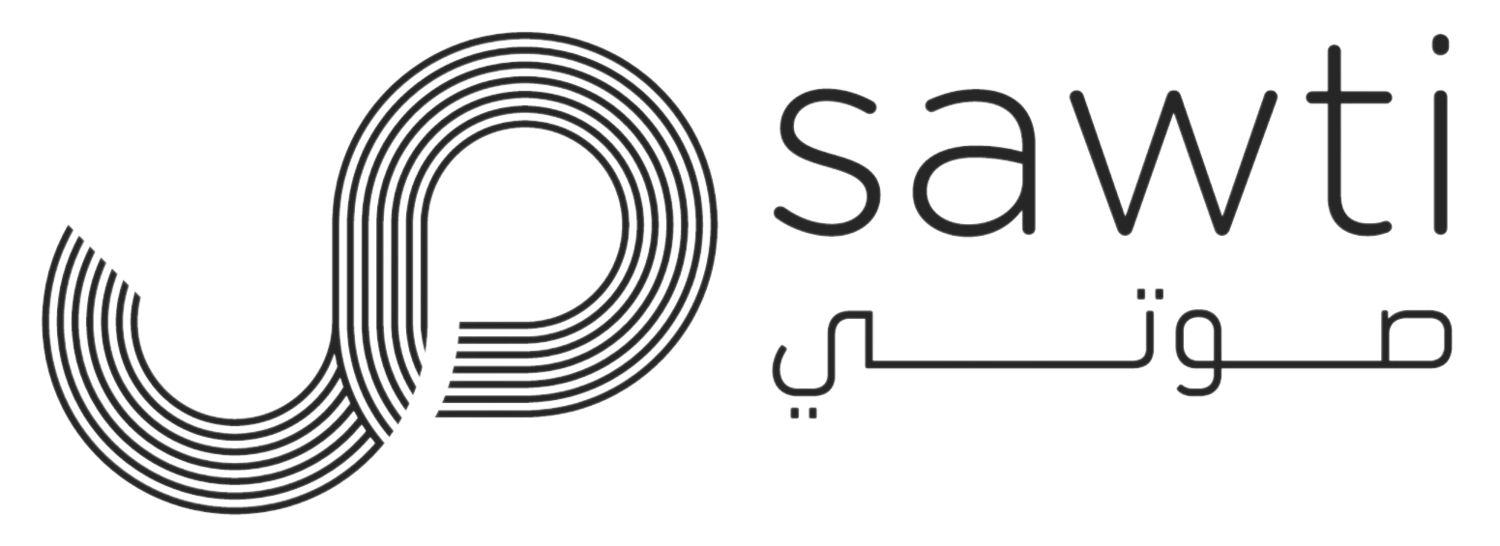Views on a Transitional Government
National Bloc
Sawti sent the same questions to each alternative party to better understand their current views on a transitional government.
The responses here were provided by National Bloc, and represent their views.
1. Is your party in favor of a transitional government with extraordinary powers? Why or why not?
Yes, we have been demanding a sovereign and transitional government with exceptional legislative powers since February 8th 2019 for the following reasons:
The current political class does not have the desire nor the ability to implement any kind of reforms, because it is a captive of a vetocratic system that has been inactive for the past 30 years - the ones who ruined it can never put it back together.
Extended legislative powers - in order to make decisions and issue legislative decrees quickly without falling hostage to the bureaucracy and moodiness of the Lebanese Parliament.
(Exceptional circumstances require exceptional powers, and the experiences from legislative sessions that have been held from a year to this day bear witness to the quota system and the suspension of the quorum)
2. How can we get there?
Uniting the opposition forces (forming a front).
Offering a viable alternative.
The overwhelming popular rejection of the authority of the sectarian parties in every home, as well as in the souls and minds of people.
The pressure of the economic, financial, health, and security crises.
Peaceful pressure on the streets.
3. Practically speaking, what are such a government's immediate priorities?
The work of the government, which has legislative powers, should be limited to the following axes:
Stopping the financial collapse.
Strengthening the social safety net.
Implementing anti-corruption and anti-waste measures.
Addressing the repercussions of the August 4 explosion
Establishing the foundations for a civil state through programmed and gradual steps.
4. How long would a transitional government last? What comes after it?
The transitional government with exceptional legislative powers must continue its work until the next legislative parliamentary elections; it has an enormous role to play in ensuring the integrity of the electoral process.
The most prominent steps within the priorities of a rescue government are:
Financial procedures:
Issuing a legislative decree that regulates the process of controlling the movement of capital (Capital Control) and setting principles and a timeframe for it.
Adjusting the treasury deficit to 4% within 3 years, as well as zeroing in the electricity deficit within 2 years.
Reforming the banking sector by encouraging consolidation, protecting small depositors, and securing the financing needs of the citizen and the economy.
Economic procedures:
Presenting an integrated plan to the International Monetary Fund and donors, which includes reducing the budget deficit and the current account after the immediate implementation of anti-corruption and anti-waste measures, enhancing collection and combating illegal smuggling- in order to avoid the harsh measures that the fund and all donors will impose in the absence of radical reforms.
Creating 30,000 job opportunities annually through an investment plan in the sectors of the food industry, pharmaceutical industry, digital services, and tourism.
Financing the production sectors through funds made up of deposits in Lebanon, in addition to capital from the Lebanese abroad and international development agencies.
Social procedures:
Combating extreme poverty and helping the poorest families.
Reducing the subsidy bill through measures that do not affect the middle and poor classes. Also putting an end to all monopoly and smuggling operations, with complete control of the land, sea, and air borders.
Relying on "generic" drugs when it is medically possible, and encouraging local industries and their development through tax exemptions and incentive measures.
Ensuring comprehensive health coverage through the mandatory health card.
Activating a tax exemption on rents and paying fees to reduce vacant apartments.
Administrative procedures:
Promoting and applying the concept of internal auditing: transparency in the core of the work of all departments and public institutions.
Conducting evaluations of the performance of general managers and taking strict measures against neglection and violation.
Completely suspending employment in the public sector until the completion of a comprehensive survey of all employees in the public administration, including permanent employees, contractors, daily workers, or others, and evaluating their performance.
Putting an end to all unnecessary administrative expenses such as travel- and adhering to that.
Importing wheat, oil, and its derivatives without intermediaries or from country to country, to obtain preferential prices.
Judicial procedures
Issuing a legislative decree related to the independence of the judiciary. And putting it into effect, by activating the Judicial Inspection Authority.
Clearing, strengthening and protecting all oversight agencies, and granting them complete independence.
Appointing members to the National Anti-Corruption Commission.
Completing the financial and criminal investigation audits as soon as possible, removing all political and legal obstacles to it.
Expanding the investigation to include all ministries and public institutions, and publishing its results to the public opinion, in application of the principle of complete transparency.
Requesting legal assistance from the United Nations to investigate the port bombing.
Cooperating with international bodies to freeze the accounts of the corrupt and the looted funds that were expelled from Lebanon.
Limiting the jurisdiction of the Military Court to the areas and topics for which it was established.
Ensuring the right of citizens to access information by requiring all public institutions to publish it automatically on their websites.
Expanding the powers of the election oversight body and increasing its human and logistical capabilities.

